RUTAS redefines ‘American’ theatre and performance
“America” doesn’t represent just one location, ideology, or heritage. If anything, the ways that we define it as a landmass, an idea, or a place are as varied as the peoples and nations who inhabit it.
Toronto’s Aluna Theatre is dedicated to fostering this plurality of voices through RUTAS, named for the Spanish word for “routes.” Established in 2012 and returning for its 2024 season from September 26 until October 6, the biennial festival showcases theatre and performance that represents “a TransAmerican vision” across Toronto stages. With work from Canada, Uruguay, Mexico, Chile, and Colombia, the formal diversity of this year’s line-up illustrates the importance of RUTAS as a platform for Canadian-Latinx performance.
While these artists may come from different places, they all take interdisciplinary approaches that push theatre beyond its conventional boundaries, in line with artistic director Beatriz Pizano’s desire to “challenge the idea of borders” in curating RUTAS 2024. And with such an emphasis on diversity of form, it’s not surprising that dance and physical theatre are playing a major part in 2024’s festival.
This is perhaps no better reflected than by Carlos Rivera, whose work ROSA (a collaboration with Abra Projects and Ondinnok) will run at the Factory Theatre Studio from October 4-6. Rivera, who hails from Mexico City, has had dance in his life since his earliest memories.
“My first clear image about dancing was with my grandfather,” he explained with a smile in an interview with Intermission. “He was drunk, doing a traditional dance, holding me in his arms, and we were bouncing and moving together. I wasn’t touching the ground, but I was connected to him.”
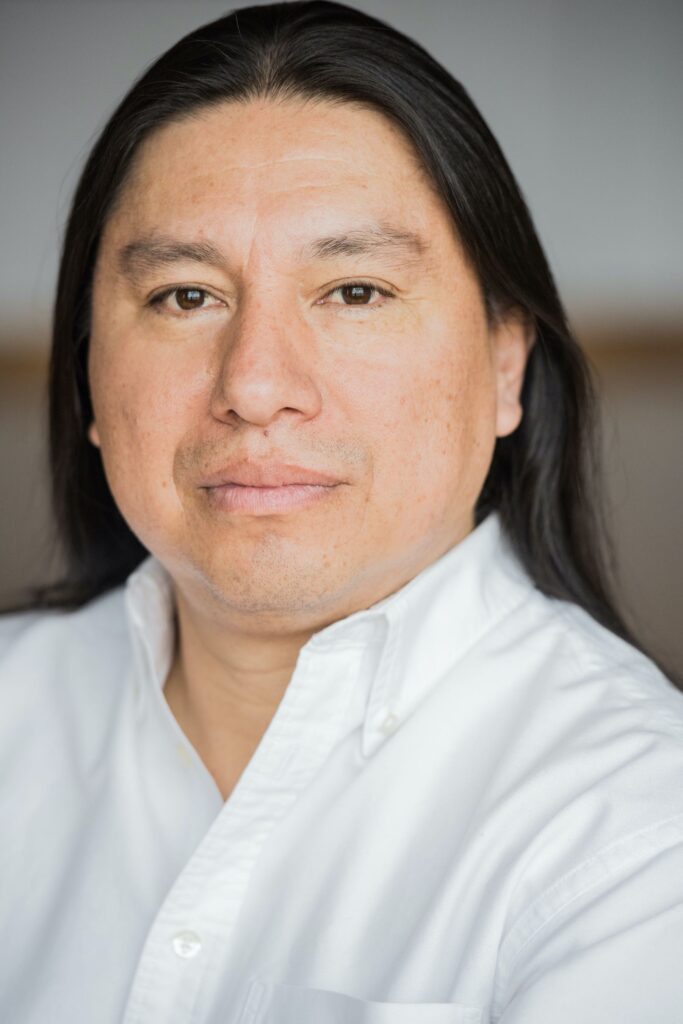
Rivera’s busy mother of four kids eventually ended up putting him into dance classes at the cultural community centre. It was here, largely training in traditional folklórico, where Rivera “fell in love with dance,” he revealed. He eventually went on to study at Mexico City’s Centre for Choreographic Research, where he encountered contemporary dance practice, and joined a company that created work combining dance, theatre, and storytelling.
This dance practice is ultimately what led Rivera to Canada, although he admits that his route to being a RUTAS 2024 artist wasn’t clear-cut.
“My relationship with Canada started 25 years ago…everything started when I got a grant to do a residency at the Banff Centre for the Arts in 1999,” he said. That experience led to him “commuting” between the two countries until 2006, when he fully committed to moving to Canada and settled in Montreal.
But it’s a different journey that inspired Rivera’s creation of ROSA. His family originates from Sierra Norte de Puebla, a mountainous region outside of Mexico City that’s a stark contrast from the nearby bustling metropolis. In 1945, Rivera’s grandmother (named Rosa) decided that she was going to emigrate there with hopes of a better life for her and her family. With her five children alongside her, she somehow made the entire journey on foot.
“How was she able to do that? What were the stories about it? What were the risks?” wondered Rivera. These questions ultimately led him to wanting to hear more about this experience from his father. “Two years ago, I invited my father to come to Montreal. So he came, and we went for long walks,” he shared. “And as I asked him questions, his memories came back, and he was able to recount the story to me.”
The result of Rivera’s tracing back of his personal cartography, ROSA, “is about this female energy that drives people, and especially women, to change, move, transform, emigrate, and totally change the course of their life,” he said. Performed by a solo female dancer, the piece incorporates texts and pre-recorded voices that help re-imagine his grandmother’s journey, and the perseverance she had to wield to get through it.
If you can’t make it to ROSA, there are plenty of other opportunities to see work that incorporates dance across RUTAS’ partner venues during the festival. WILMA, a dance theatre piece written, directed, and performed by Mexican Artist Itzhel Razo, was the recipient of the Best Solo Show award from the Association of Critics and Journalists in Mexico (ACTP), and will run at Factory Theatre as part of RUTAS from September 26 – 29. And the RUTAS Residency Showcase at Theatre Passe Muraille on September 28 will feature Gringas, a drama and movement-based theatre piece written by Mercedes Isaza Clunie and performed by First Born Theatre Company.
RUTAS is an important opportunity to showcase distinct yet relatable instances of Latinx experience to Canadian audiences, says Rivera.
“I think we have always been a strong voice, but now we need to be even louder to the rest of Canada,” he said. “The things that we can bring to the table and bring to the stages can show the beauty, and the strain, and the capacities that Latino Americans carry with us in our bodies, in our minds, in our souls.”
RUTAS runs from September 22 – October 9. Tickets are available here.





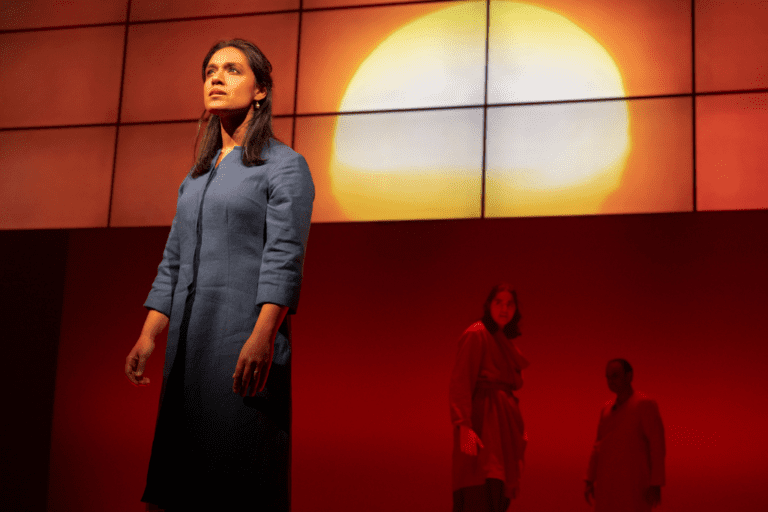
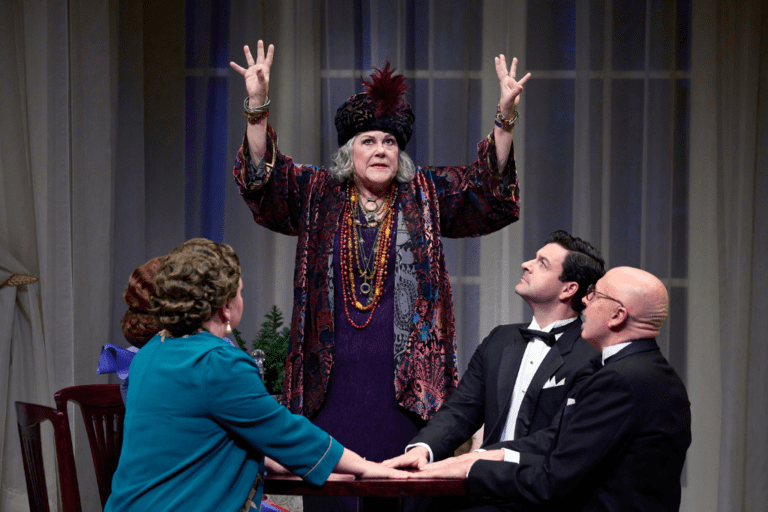



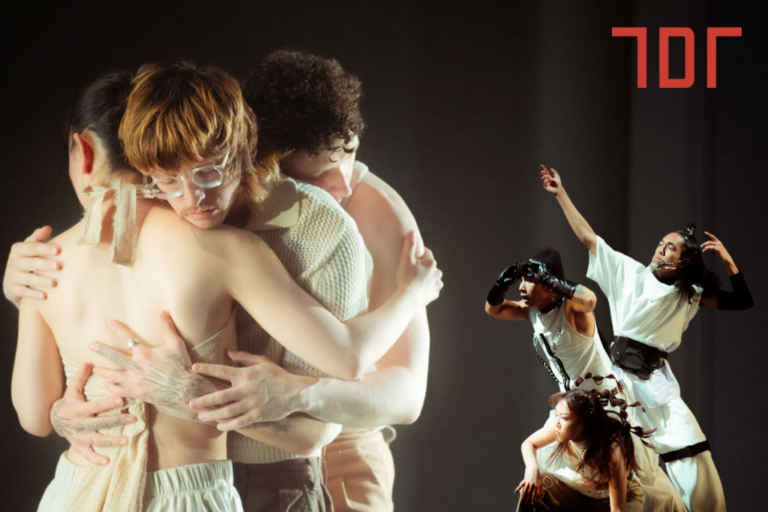
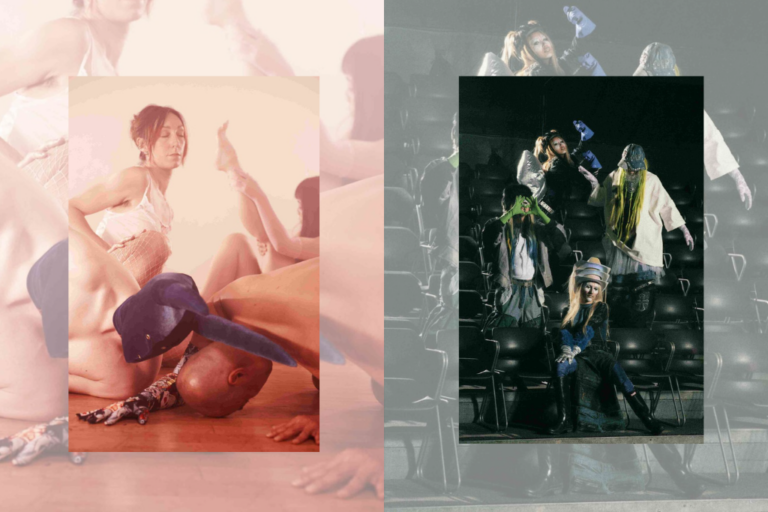
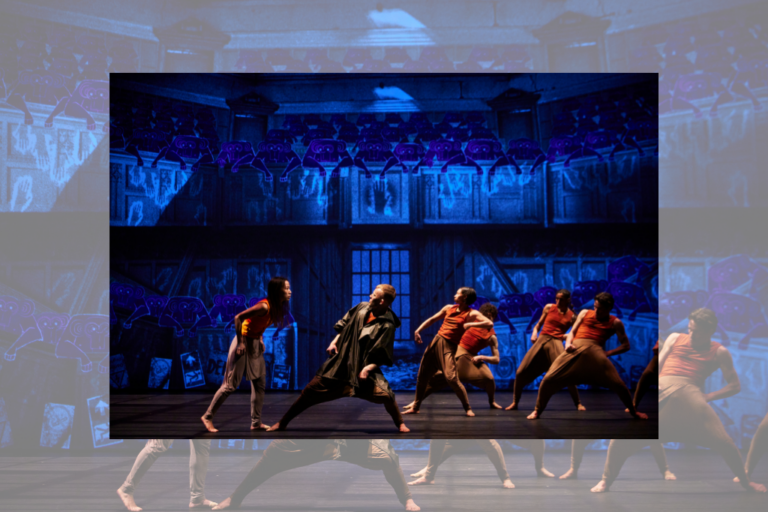

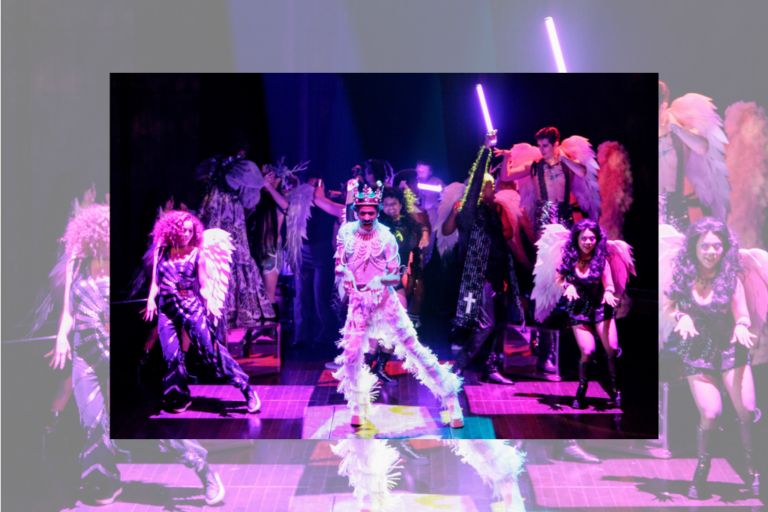
Comments